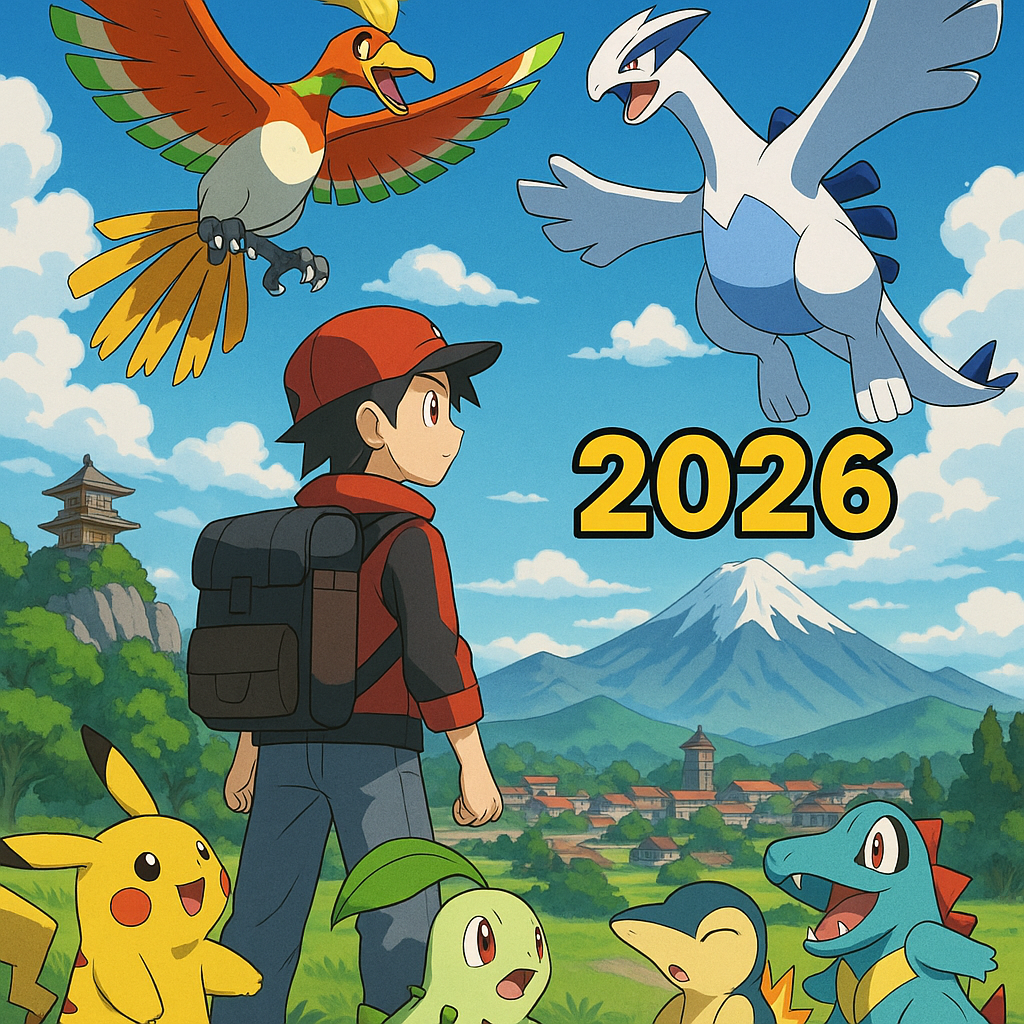Cryptic Horizons: NFT Integration in Gaming Sparks Environmental Uproar
NFT integration in gaming has become a hotbed for debate and controversy, intensified by the environmental impact. Dive into how the gaming industry is balancing innovation with ecological responsibility.
Introduction
As the gaming industry ventures into more digital landscapes, the integration of Non-Fungible Tokens (NFTs) in gaming has become an electrifying yet controversial frontier. Recent attempts by game developers to integrate NFTs into popular titles have been met with a staggering backlash, particularly due to the significant environmental concerns associated with blockchain technologies. This article delves deep into this pressing issue and its impact on the future of gaming.
The Intersection of NFTs and Gaming
The allure of NFTs lies in their ability to provide gamers with unique digital assets — ranging from rare weapon skins to exclusive characters. These assets are cemented on the blockchain, promising both rarity and ownership like never before. However, the energy consumption required to mint NFTs poses a grave threat to our environment. Gaming giants like Ubisoft and Epic Games have both embraced and been criticized for their NFT ventures, showcasing the double-edged nature of this evolution.
One example of NFT integration is Ubisoft’s “Quartz,” a platform that introduces NFTs into their games as “Digits.” Despite its potential, Quartz faced immediate backlash over environmental concerns and has since struggled to gain traction among environmentally conscious gamers.
For further insights into the controversies surrounding gaming decisions, check out our coverage of Ubisoft’s recent game delays.
Environmental Concerns Spark Debate
Environmental advocates have raised alarms over the energy-intensive nature of blockchain technologies used in minting NFTs. This process, known as proof of work, demands significant computing power, leading to increased carbon emissions. Such environmental impacts have prompted severe criticism from both players and industry stakeholders.
- The energy cost associated with NFTs can sometimes be as high as the entire energy consumption of a small country.
- Environmentalists argue that such practices are unsustainable in the face of global climate change.
“NFTs in gaming are exciting, but the technology needs a sustainable overhaul,” says Jane Doe, an environmental technology analyst. “The industry must collaborate to innovate solutions that reduce the carbon footprint associated with these digital assets.”
Visit our report on [Persona 6](https://okamibits.com/persona-6-officially-announced-by-atlus-with-2025-release-date-and-first-trailer-revealed/) for more on trends affecting the gaming landscape.
The Industry’s Quest for Balance
Many believe that blockchain innovation can’t be stifled, highlighting the necessity to find a balance between advancement and climate action. Some companies are researching alternative methods like proof of stake, a greener blockchain validation method that drastically reduces energy consumption.
Epic Games recently announced its ambitious plan to incorporate climate-neutral technology in its blockchain operations, reflecting a growing trend of sustainable innovation.
However, gamers and critics demand immediate shifts rather than promises. One gamer commented, “It feels like companies are rushing into NFT waters without considering the long-term ecological effects. It’s time they prioritize sustainability over quick profits.”
Our extensive analysis on such industry decisions can be further explored at [Final Fantasy XVI’s Game of the Year recognition](https://okamibits.com/final-fantasy-xvi-wins-game-of-the-year-at-the-2025-summer-gaming-awards-2/).
What to Expect Next From the Gaming Industry
The contentious road ahead sees game developers under immense pressure to deliver sustainable solutions. We may witness increased ESG commitments, where companies promise to not only reduce their carbon emissions but also embark on community-driven sustainability projects.
As new gaming titles incorporate NFTs, there’s likely to be a continued tug-of-war between innovation and the ethical responsibility developers hold towards the environment. Game companies might also look to collaborate with environmental organizations, creating hybrid platforms that elevate sustainability and innovation.
Final Thoughts
The conversation around NFTs in gaming is far from over, especially as environmental concerns demand immediate attention. As the gaming industry strides into increasingly digital domains, the integration of NFTs is a crossroads of technological advancements and ecological sustainability. It is imperative that gaming giants adopt sustainable practices while continuing to innovate. Stakeholders and gamers alike must demand accountability, urging game developers to prioritize sustainable innovation.
Stay tuned to hear more about exciting developments in the fusion of technology and pop culture.
SEO Keywords: NFTs in gaming, environmental concerns, blockchain technology, sustainable innovation, digital assets.



Tai88vin.clup’s where the cool cats are playing! If you love the thrill of risk and reward, this is top tier. Check them out: tai88vin.clup
Just logged in to phlboss11login! Quick and easy! Looking forward to playing my favorite games. Sana manalo!